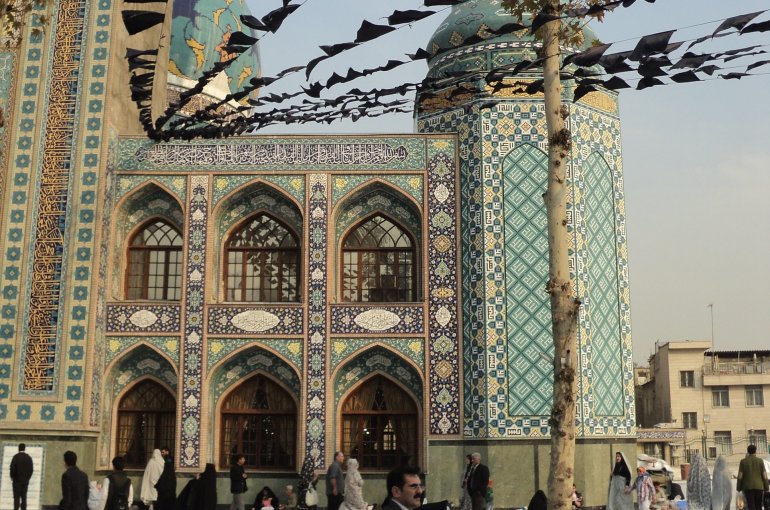Fundamental changes in religious beliefs among Iranians

While official state numbers indicate that 99% of the 80 million Iranians identify as Muslim, trustworthy data on the religious dynamics inside Iran were thus far lacking. Over the years, researchers relied primarily on discourse analysis and interviews to show transformations in religious practices and attitudes regarding the very idea of the Islamic Republic. Until now, this information was not backed by quantitative data. A large-scale survey by researchers from Utrecht University and Tilburg University changes that. As Pooyan Tamimi Arab explains in an article for The Conversation, their research shows tectonic shifts in Iranian religiosity.
In June 2020, Dr. Pooyan Tamimi Arab and Dr. Ammar Maleki (Tilburg University), who run the independent surveying institute GAMAAN, together with Dr. Ladan Boroumand, conducted an anonymous digital survey in Iran via diverse digital channels. The link to the survey was shared by Kurdish, Arab, Sufi and various other networks. The sharing of the survey by Instagram pages and Telegram channels, some of them with a few million followers, made it possible to reach over 50,000 respondents.
Tectonic religious changes show Iran's secular shift
The results of the survey reveal huge changes in Iranian religiosity, with an increase in secularisation and a diversity of faiths and beliefs. Compared with Iran’s 99.5% census figure, the results show that only 40% of the respondents identify as Muslim. Pooyan Tamimi Arab, assistant professor of religious studies and member of the Utrecht Young Academy: “The numbers demonstrate that a general process of secularisation, known to encourage religious diversity, is taking place in Iran. An overwhelming majority of 90% describes themselves as hailing from believing or practising religious families. Yet 47% reports losing their religion in their lifetime, and 6% say they changed from one religious orientation to another.”
New light on closed society
Moreover, the results show that societal secularisation was also linked to a critical view of the religious governance system: 68% agrees that religious prescriptions should be excluded from legislation, even if believers hold a parliamentary majority, and over 70% opposes the law mandating all women wear the hijab, the Islamic veil. Tamimi Arab: “Measuring the practically ‘immeasurable’ opinions of citizens living in closed societies offers valuable academic insight into the relationship between religion and modernity. These transformations shed a completely new light on Iran as a conservative Shi’ite society.”
While the scholars plan to publish an academic paper about their research in 2021, they felt the need to already share their findings with the large amount of Iranian respondents. Ammar Maleki: “Our innovative trust-based approach of surveying in a closed society like Iran stands and falls with people's active participation, who not only fill out a survey but also actively promote it to a large and diverse audience. Our research institute GAMAAN is committed to publishing the results before starting a new survey on another subject. That is why we are compelled to publish research findings prior to submitting to an academic journal.”
Interdisciplinary approach
Dr. Tamimi Arab is part of the research project “Religious Matters in an Entangled World”. He combines the anthropology of religious diversity with a longstanding interest in political philosophy. In the book Amplifying Islam in the European Soundscape (2017, Bloomsbury, Open Access), he describes how Islamic sounds in the Netherlands challenge cultural norms and to what extent these sounds are enabled and regulated by the Dutch Constitution and government. With the current study of religious attitudes in Iran in relation to legislation and government, he contributes to Utrecht's research expertise in the field of open, resilient societies.

